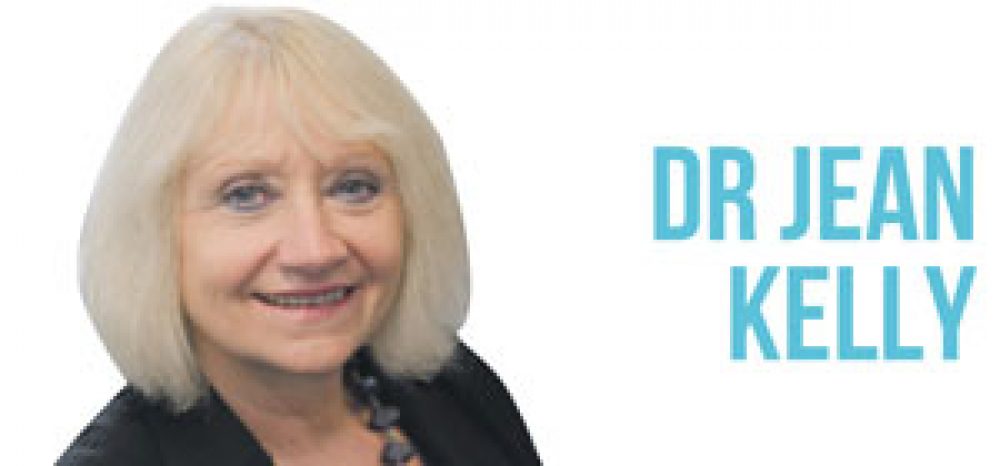The case of Newham College’s dance and drama head Dr Mark Walcott is a difficult one for the FE sector. He was suspended after an apparently homophobic and racist rant. The situation also led to principal Denise Brown-Sackey taking a leave of absence. Dr Jean Kelly looks at the lessons to be learned.
Many have expressed their shock that a lecturer in one of London’s leading colleges is no longer in post after allegedly expressing views that, in the college’s own words, do not reflect the values of the institution.
Though fortunately rare, situations such as this do though prompt some uncomfortable considerations for the teaching profession and indeed the wider sector.
As the sector’s professional body, the Institute for Learning (IfL) is charged, by members, with upholding and promoting the values of a highly regarded and respected teaching and training profession.
Our members sign up to a code of professional practice as a way of demonstrating their commitment to professional integrity, respect for learners and colleagues, and adherence to a professional standard of behaviour.
Teachers and trainers live out this commitment in their everyday practice with learners, as a condition of employment and through codes of conduct set out by subject and vocational professional associations.
In these kinds of discussion, it is helpful to draw parallels with other professions.
In nursing, for example, serious allegations made against an individual would trigger a process that might involve being summoned to a professional conduct hearing by the professional body.
If found to be in breach, the individual could face a penalty, perhaps even being struck off the professional register, in which case it would be impossible for them to continue practising as a nurse.
This kind of process is commonplace in many professions, to instil trust and provide a contract of sorts to guarantee consistent high standards for the public.
Schoolteachers are held to account in a similar way by the National College for Teaching and Leadership, which has powers to prohibit an individual proven to have committed serious misconduct from teaching in schools.
Early years practitioners are now also accountable against professional standards.
Such a system existed in our sector for five years after the government introduced regulations requiring teachers and trainers to register with the IfL.
Lord Lingfield’s first review indicated that government should take responsibility for such extreme cases, but his second concluded that, “establishing special national arrangements to disbar FE lecturers would be disproportionate”
Subsequent revocation of the regulations means that should the individual in this South London college be dismissed, following a new inquiry, they can readily apply for and take up a teaching role elsewhere.
It will be up to them whether or not they disclose particular aspects of their employment history in their application.
We consider that it is in the public interest as well as in the interest of the teaching profession to have accessible and robust arrangements whereby learners, staff and members of the public can report concerns about unprofessional conduct, in the knowledge that their concerns will be treated with the utmost confidentiality, sensitivity and urgency.
Potential breaches must be investigated independently and if a person is found to be seriously in breach, it must be possible to prevent them from teaching again.
At a time when part-time and sessional employment is becoming more commonplace in teaching and training in our sector, colleges and training providers have a fundamental duty to their learners to ensure that the staff they recruit have undergone a rigorous and proper recruitment process for all provision.
The IfL has every confidence that colleges and training providers take this duty incredibly seriously.
This does not, however, offer any national protection for the sector’s employers or for its young, and adult learners, many of whom are vulnerable. Doctors, social workers, schoolteachers and those in other highly respected professions are bound by professional codes, but not teachers in FE.
We regret the government’s decision to remove regulations and fear that a laissez-faire approach for FE brings unacceptable risks for reputation, for learners and employers, for colleges and providers, and for the public.
Dr Jean Kelly, director of professional development, Institute for Learning








This is not good, but what about the poor practitioners that get away with poor teaching and saying that they can assess for NVQ’S when they can’t. I personally have met five in three years; so how many more are out there. What is to be done about them?